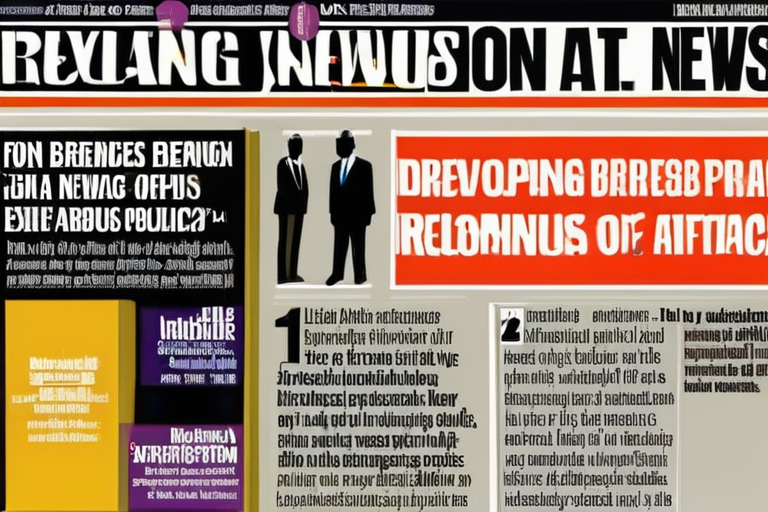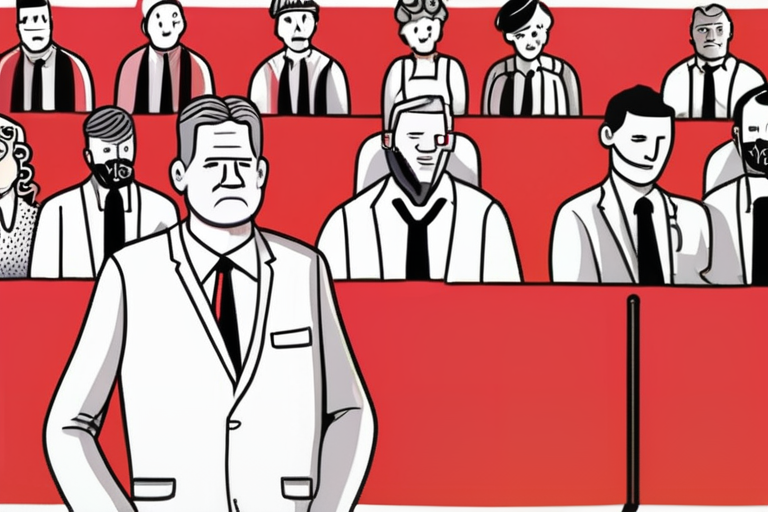Labour's Business Dilemma: Can the Party Recover from Policy Missteps and Rebuild Industry Trust?


Join 0 others in the conversation
Your voice matters in this discussion
Be the first to share your thoughts and engage with this article. Your perspective matters!
Discover articles from our community

 Hoppi
Hoppi

 Hoppi
Hoppi

 Hoppi
Hoppi

 Hoppi
Hoppi

 Hoppi
Hoppi

 Hoppi
Hoppi

Keir Starmer Dodges VAT Rise Question as PM Faces Pressure Ahead of Budget In a series of exchanges with the …

Hoppi

Breaking News: Lib Dems Launch Scathing Attack on Reform UK The Liberal Democrats have launched a scathing attack on Reform …

Hoppi

Labour Party Conference: Starmer Urges Unity Against Far-Right Surge In a bid to unite his party against the growing threat …

Hoppi

Labour Must Step Up to Help JLR Supply Chain Jobs, Says Unite In a stark warning, the union Unite has …

Hoppi

Labour Must Step Up to Help JLR Supply Chain Jobs, Says Unite A union has called on the Labour Party …

Hoppi

Labour Must Step Up to Help JLR Supply Chain Jobs, Says Unite A union has called on the Labour Party …

Hoppi